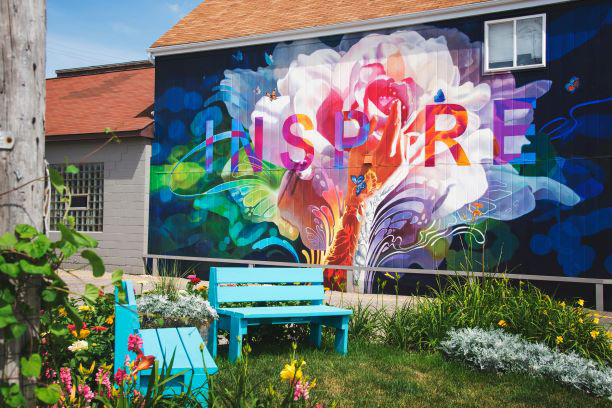
[Flash] Want It More Than You Fear It (Some Tough Love for Mentees)
|
This morning my Peloton instructor challenged us: “You must want it more than you fear it!”
And while we were merely struggling through a resistance class on a stationary bike, we would be negligent not to apply that battle cry to all areas of our life. We must want a change more than we fear the change. What change? The desire for a new behavior or skillset, role or responsibility, a different job or a leadership path, a passion project, or a game-changing goal. Without desire, there is no need to stretch, grow, develop, or evolve. Nothing is luring us to become bigger, better, bolder versions of ourselves. So then, what do we fear? Judgment, criticism, rejection, humiliation, failure, disappointment, exclusion, or insignificance…. to name a few. And thanks to this gaggle of fears, we have brilliantly developed unique expertise in self-sabotage! We take actions that interfere with our desires. We create metaphorical roadblocks by procrastinating or justifying with excuses. (The struggle with White Paper Syndrome is real!) The good news about self-sabotage? We got in our own way, so logically we can get out of our own way. We’re doing it to ourselves, so we can stop doing it to ourselves. The not so good news? We often don’t see that we’re doing it. We have blindspots! The great news? Alchemy occurs when a Mentor draws out our aspirations while helping us notice when our fears are festering. But Mentors can only contribute to us if we want it more than we fear it, even if we don’t know exactly what we want. Caveat… Mentors do not look forward to working with Mentees who invariably procrastinate and incessantly make excuses. It’s just not fun trying to help someone move forward when they are committed to staying stuck. Want it more than you fear it, and your Mentor will want it for you too! © 2021. Ann Tardy and Mentor Lead. www.mentorlead.com | www.anntardy.com |







